This section is for paid subscribers only. Our subscription is only $3700/- for one full year.
You get unlimited access to all paid section and features on the website with this subscription.
Subscribe to read full article
This section is for paid subscribers only. Our subscription is only $37/- for one full year.
You get unlimited access to all paid section and features on the website with this subscription.
Not ready for a full subscription?
You can access this article for $2, and have it saved to your account for one year.
- Release Date1944
- GenreSocial
- FormatB-W
- LanguageHindi
Murari was one of those robust optimists who refuse to worry. He treated life as a gay adventure to be gone through with good intentions and faith in luck. In return, life gave him every chance to test his philosophy—gave him his full share of adventures which sometimes looked dark, but they were never too dark for our light-hearted hero.
He was a singer working with the temperamental dancer Menika who was that having a successful season in Lahore. Menika felt rather possessive about this young man, but he was not responsive; when, therefore, he got an offer of a music director's job in Bombay, he felt no pang in bidding goodbye to Menika and taking a train for Bombay with his boy chum Ghungru. Menika resented this attitude.
Now taking a train for Bombay or any other place is not so easy nowadays as it sounds; you may try to take a train but the train may not take you, and so it happened that Murari arrived in Bombay too late to get that job which had not waited for him. The only thing to do in the circumstances was to pitch camp somewhere and await developments; that is what Murari and Ghungru did. They kept their headquarters on a bench in a public park and looked about hoping to catch fortune smiling.
Sometimes if fortune does not smile, you have to make her smile; that Murari did by ingeniously securing a flat which was to let (and this achievement alone should make a hero of any man today in Bombay). This flat, on which Morari hopefully put up a sign 'Music School', was in the mansion owned by a rich Seth, Jwala Prasad. The Seth was at that time away out of Bombay, but his pretty daughter Raj was there all right--and what more could a gay young buck wish for but the pretty daughter of a rich Seth conveniently absent?
But this Raj was a haughty young woman; she did not approve of our young hero and his kid friend—nor did our hero go out of his way to win her approval. However, fortune favours the brave including brave singers; it so happened that the ignorant servants in the rich Seth's house were scared by rumours of a Japanese air raid; they, therefore, staged a deputation to Raj for a raise in wages, and when she summarily turned down their demand they left in a body, leaving the house empty and Raj all alone. This was a heaven-sent opportunity for Murari who now remained the only possible ally for Raj now in a chastened mood.
With such an opportunity you can imagine the next round to Murari, and before long he with Murari and everything would have gone along nicely had not the dancer Menika turned up in Bombay and spoilt the romance. A man could cope with one hostile girl, but with two—he is nowhere. That was exactly where Murari found himself. So back again to the park bench hied our hero—and, of course, the faithful Ghungru. But the Goddess of chance decided to give the next round to Murari and before long he found himself a clerk in the Office of no less a man than Seth Jwala Prasad himself.
Friend Ghungru too went there—as a bright little Chaprasi. As days passed Murari had no difficulty in winning Seth's favour, and what was still better, he got a chance to clear up the prejudice in the mind of Raj. Again things looked bright and rosy—until!
Yes, fate is like that; one moment you are riding on moonbeams, the next—you are back to roost on the old park bench. That is how it happened to Murari. Seth Jwala Prasad who was thinking of marrying off Raj to the son of another rich Seth to Delhi, came to know of the affair between Raj and Murari; furious at such presumption, the Seth sacked Murari—and Ghungru and the moon of true love was clouded again.
The situation was disheartening even for the irrepressible cheerfulness of Murari, and when Menika caught him in such low spirits, he saw no point in refusing to accompany her to Calcutta. But by this time Raj had awakened sufficiently to make a desperate effort to get her man; she went to Menika, pleaded and argued with her, convinced her that Murari wanted Raj and none else. From that moment Menika became the lovers' friend.
Yet the journey's end was still far away—in Calcutta in fact. Not before Raj missing Murari everywhere had joined the nursing service, not before that little Jap raid over Calcutta, and not before Seth Jwala Prasad's crash in speculation, did the lovers get a chance to meet; but at last, they did meet, and as Ghungru remarked, the sweet tunes of the flute did play up after all.
[from the official press booklet]
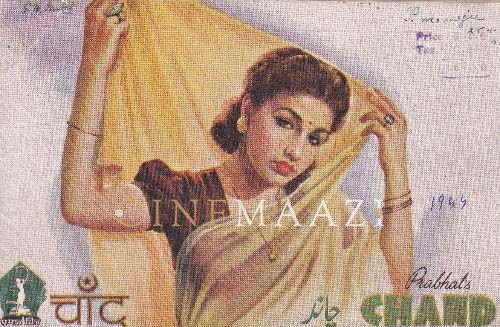
Cast
Crew
-
BannerPrabhat Film Co., Bombay
-
Director
-
Music Director
-
Director
-
Lyricist
-
Story Writer
-
Screenplay
-
Dialogues
-
Cinematography
-
Sound Recording/ Audiography
-
Art Director/Production Design



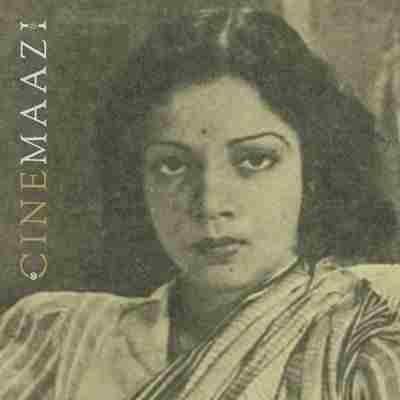

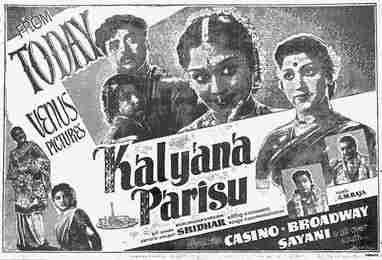
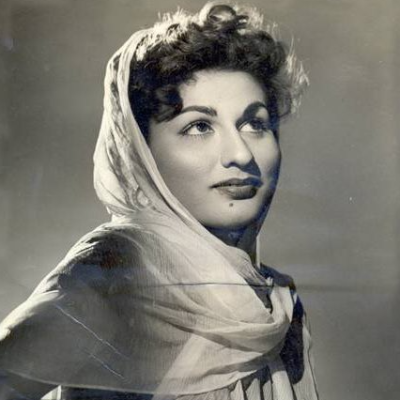
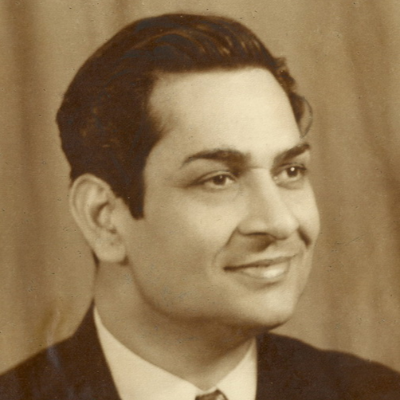
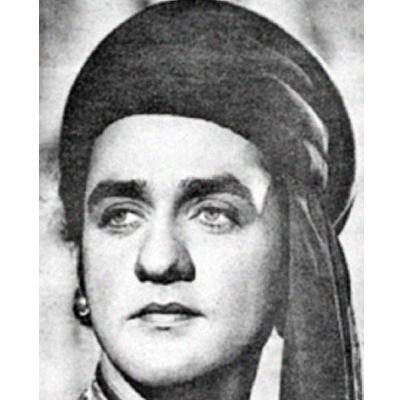
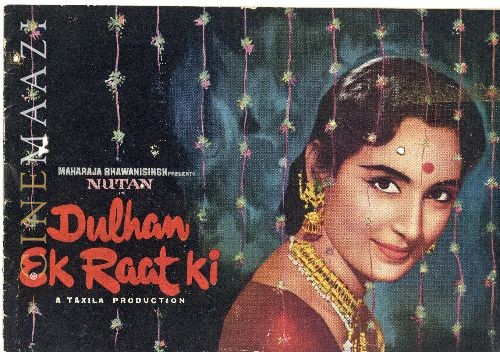
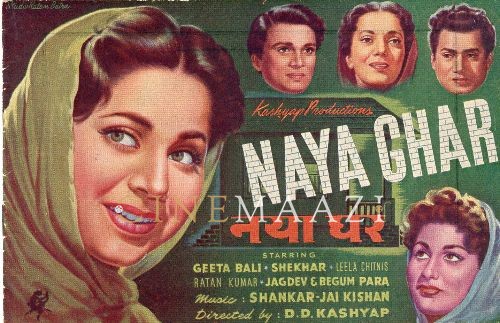
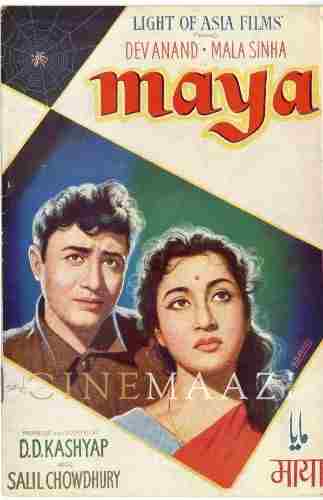
.jpg)




